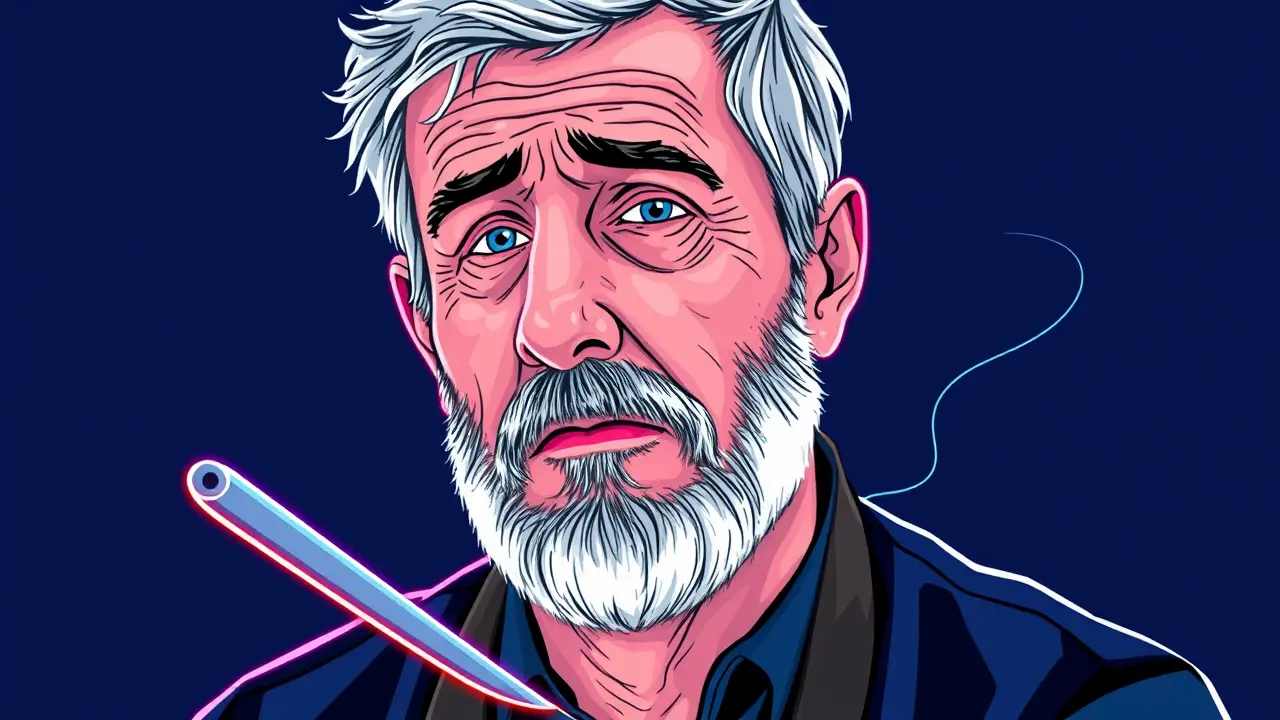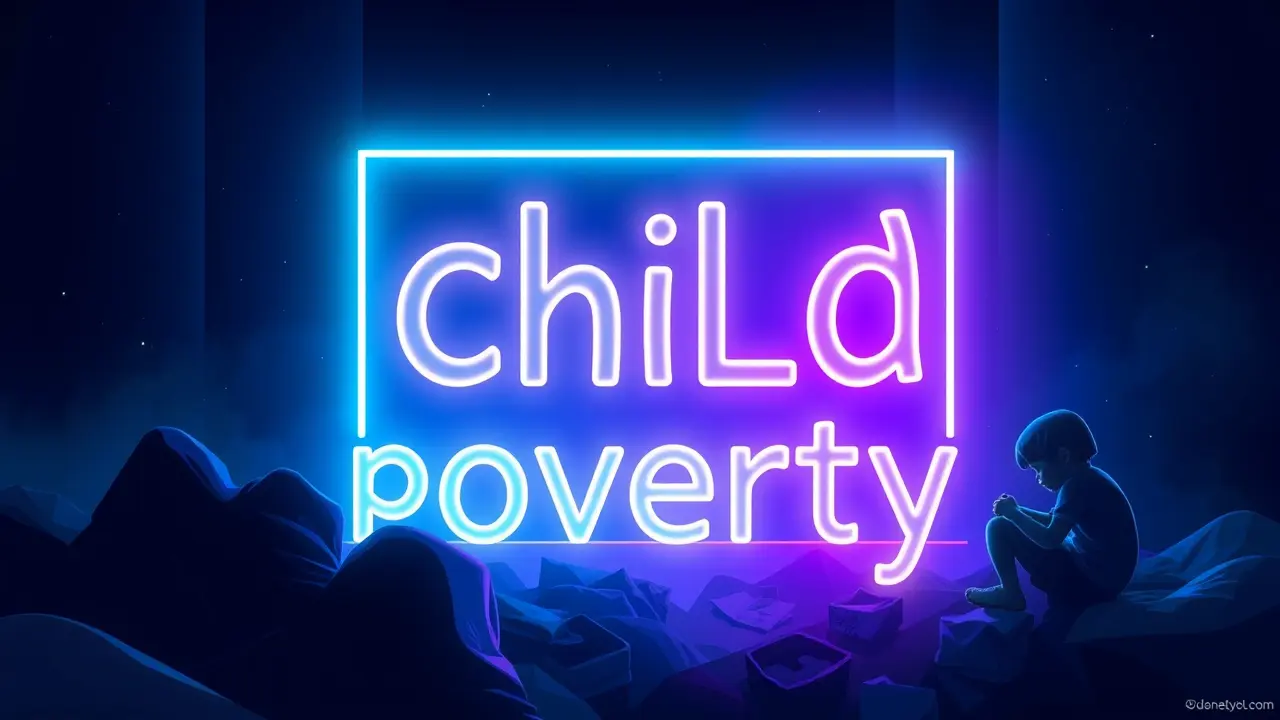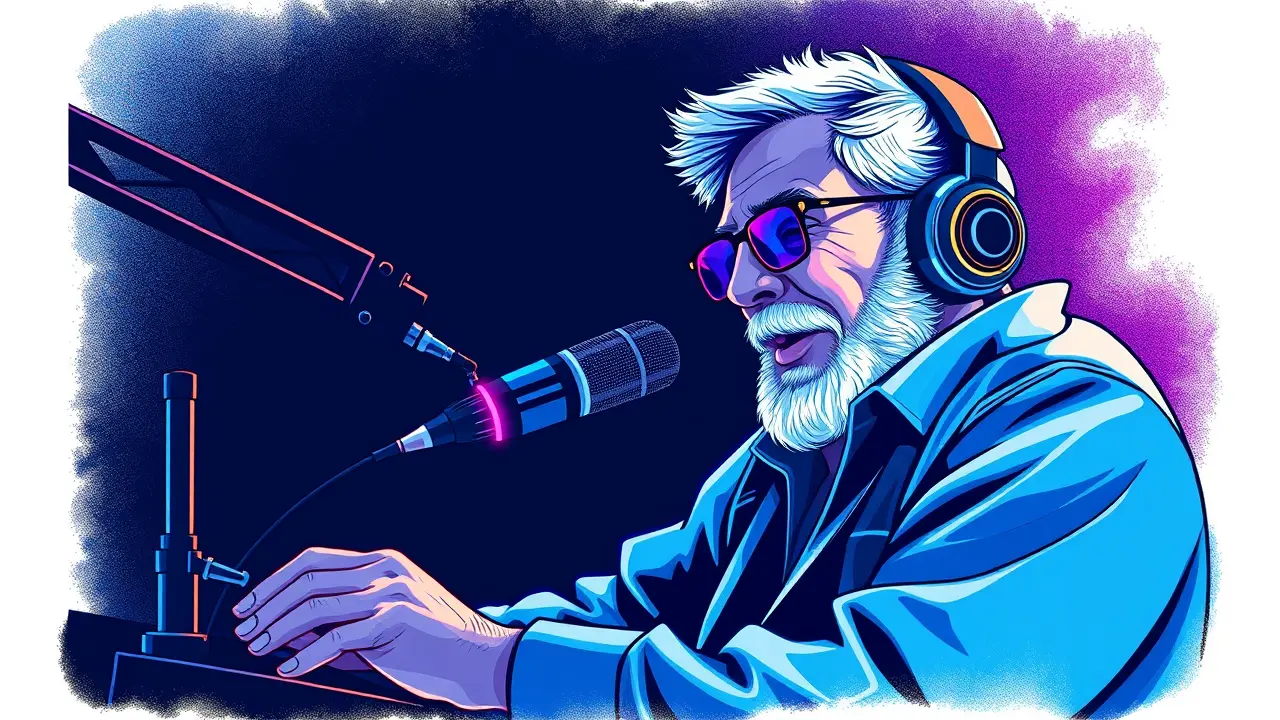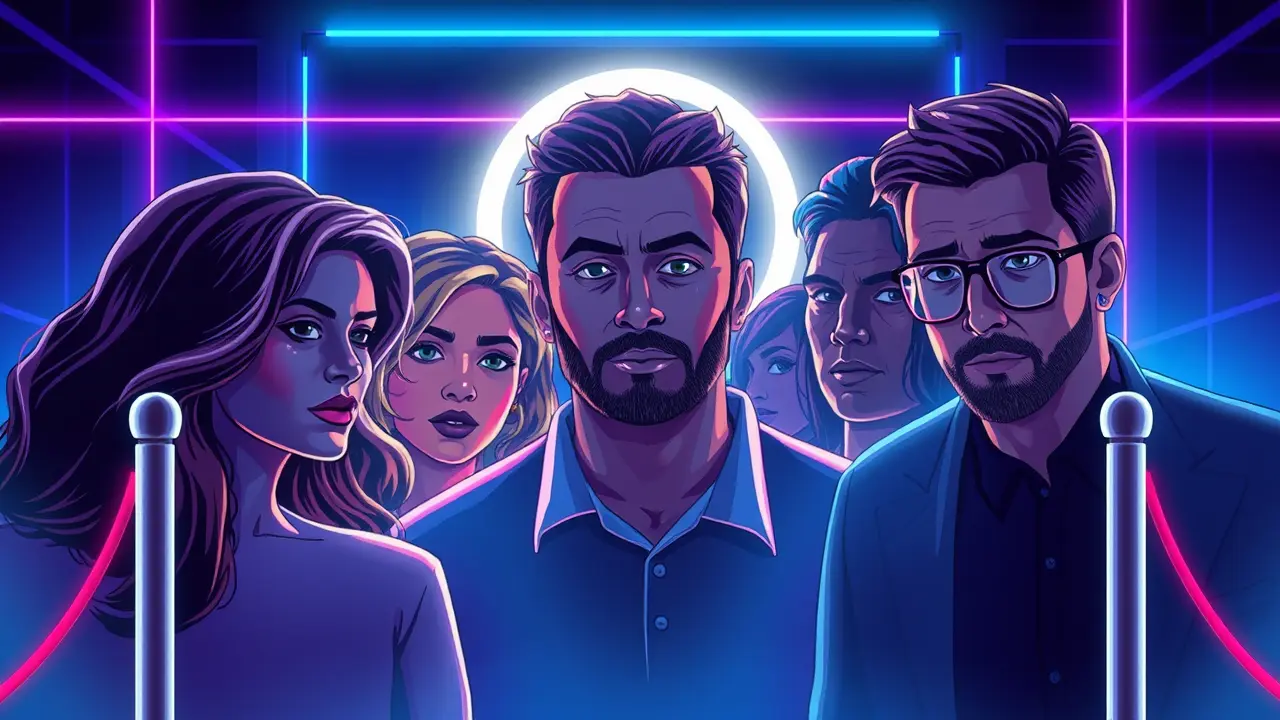
Entertainmentcelebrities
Hannah Goldfield on Anthony Bourdain's Influential Food Writing
ME
Megan Hill
4 hours ago7 min read
Hannah Goldfield’s reflections on Anthony Bourdain’s food writing remind us that his legacy is far richer than just that of a kitchen whistle-blower—it’s a story of a man who used his platform to explore culture, humanity, and connection through the universal language of food. Think about it: before Bourdain’s 'Kitchen Confidential' exploded onto the scene in 2000, food writing often felt like it was locked behind a velvet rope—polished, pretentious, and focused on the final plate, not the sweaty, chaotic, beautifully human world that created it.Bourdain ripped that door off its hinges. He didn’t just give us a peek behind the curtain; he handed us a backstage pass to the entire theater, complete with the shouting chefs, the after-shift beers, the cuts and burns, and the profound camaraderie that fuels a restaurant.His voice was a revelation—unapologetically raw, laced with a chef’s cynicism but underpinned by a deep, abiding respect for the craft and the people who practiced it. He wrote like he was telling you a story over a late-night drink, his prose flowing with the gritty authenticity of a well-worn kitchen knife.But to label him merely an exposer of industry secrets is to miss the point entirely, as Goldfield rightly notes. His second act—the one that made him a global storyteller—was where his true influence blossomed.Through shows like 'No Reservations' and 'Parts Unknown,' he transformed the travel and food genre from a mere sightseeing tour into a profound exercise in empathy. He was never just eating a bowl of pho in Hanoi or sharing a meal in a Lebanese refugee camp; he was using that meal as a gateway to understanding history, politics, pain, and joy.He sat with people, listened to their stories, and showed us that the most powerful conversations often happen not in boardrooms, but around a shared table. He championed the underdog, celebrated immigrant communities whose cuisines are the bedrock of so many food scenes, and consistently turned the spotlight away from himself and onto the cooks, grandmothers, and street vendors who are the true guardians of culinary tradition.In an age where food media can sometimes feel dominated by sterile cooking competitions or Instagrammable, fleeting trends, Bourdain’s work remains a towering monument to substance over style. He reminded us that food is never just food—it’s identity, it’s memory, it’s a love letter from a place and its people.His tragic passing in 2018 left a void that is still deeply felt, but his influence is everywhere: in the journalists who now prioritize narrative and context over mere criticism, in the chefs who speak openly about mental health and the industry’s brutal pressures, and in the travelers who seek out the back alleys and local markets instead of the tourist traps. Hannah Goldfield’s perspective, coming from the esteemed platform of The New Yorker, adds a layer of critical affirmation to what many of us felt instinctively.Bourdain was a cultural cartographer, using his pen and his camera to redraw the map of how we understand the world, one meal, one story, one connection at a time. His writing wasn't just influential; it was a seismic shift that made the world of food feel more honest, more accessible, and infinitely more human.
#Anthony Bourdain
#Don't Eat Before Reading This
#food writing
#legacy
#tribute
#editorial picks news
Stay Informed. Act Smarter.
Get weekly highlights, major headlines, and expert insights — then put your knowledge to work in our live prediction markets.
Related News
© 2025 Outpoll Service LTD. All rights reserved.


